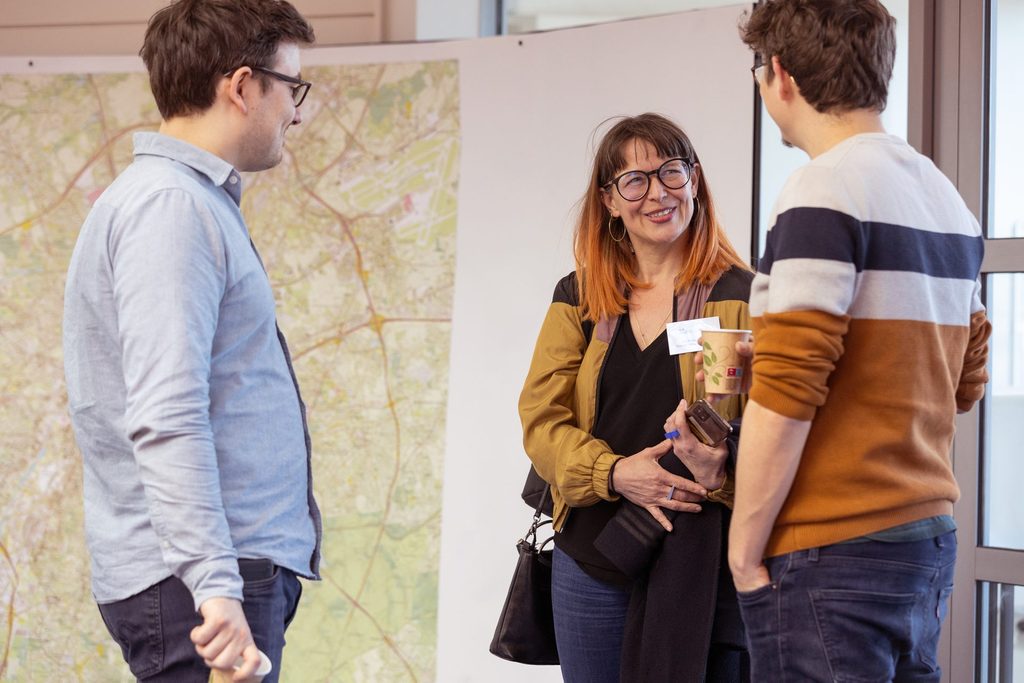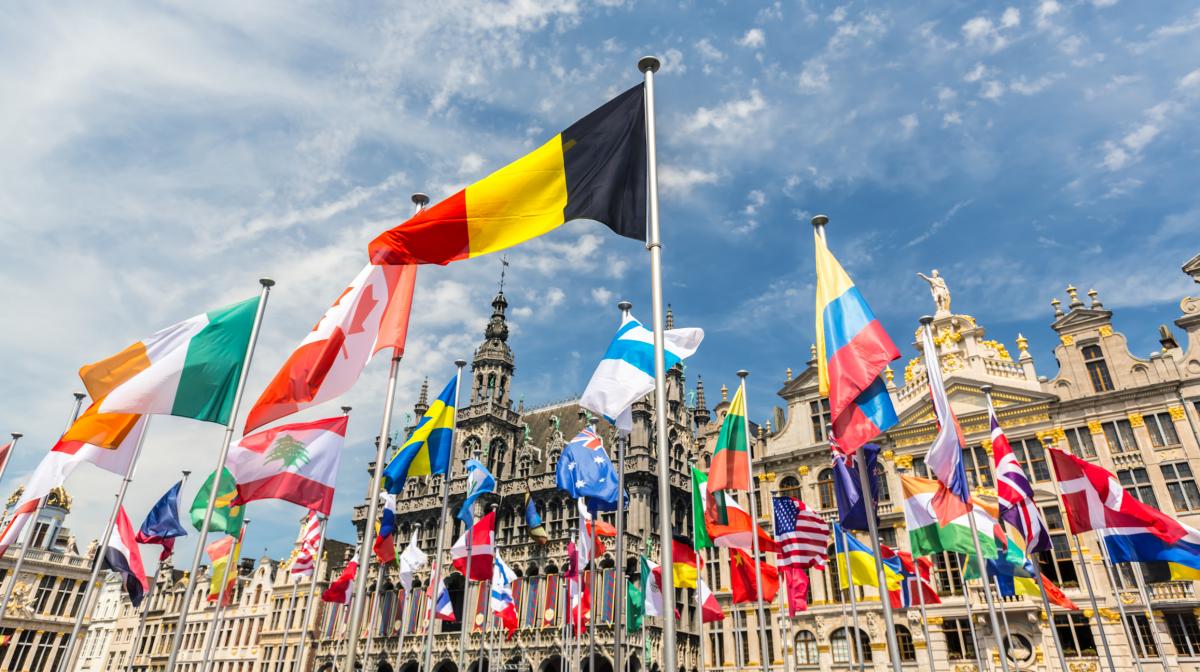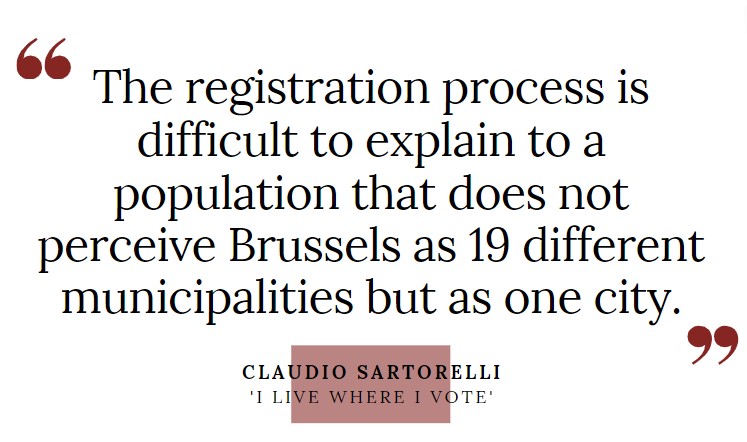Belgian or not, Brussels residents have the right to vote in their municipality's local elections. But a lack of information has deprived many internationals in the capital of the chance to be heard in the ballot box. Now, that is going to change.
About a third of Brussels residents are non-Belgian nationals, often unaware of their right to vote in their local elections. In the run-up to next year's elections in October, Brussels MP for the socialist one.brussels-Vooruit party Els Rochette introduced a resolution in the Brussels Parliament to change that.
Local authorities are missing out on a lot of potential by failing to tap into international participation, Rochette told The Brussels Times. "They came here with the good practices from their own countries, and I think we can use that potential a lot more."
Involving Brussels' international residents would also send an important message, Rochette stresses. "It's a way of showing that they are being listened to and that their opinion is important. 'Make yourself heard because you are important to this city' is an important message."

Brussels MP for one.brussels-Vooruit Els Rochette (centre). Credit: Rochette's office
It is currently up to the municipality to decide how much effort they expend in reaching their entire population – leading to large disparities within Brussels. Saint-Gilles, for example, sends leaflets in different languages with information on how to register; Saint-Josse-ten-Noode – which has a large Turkish population – distributes information in Turkish.
In Ixelles however, about 45% of inhabitants are non-Belgian. Yet it is one of the municipalities making very little effort to include that part of the population. Currently, municipalities are only legally obligated to hang up a circular in the town hall informing everyone of their rights – an outdated practice.
"This is too important to neglect. It is not okay for municipalities to ignore the many non-Belgians in Brussels in elections. We are losing potential and involvement," Rochette stresses. "Those who live here and pay taxes have the right to help decide who represents them."
Reducing administrative hassle
Among other things, the resolution suggests citywide guidelines to ensure municipalities start writing to potential voters who have not yet registered.
EU nationals should submit the electoral registration form at the point they register in the municipality, completing the necessary administration all in one go – greatly reducing time, effort and costs.
Non-EU citizens can only vote in local elections after they have continuously lived in Brussels for five years. "It is only after those five years that they are informed. This might be a little more complex for municipalities, but that only underlines the need for one uniform procedure across the Capital Region," Rochette explained.
Potential voters should also be "recovered" and approached retroactively to ask them why they have not voted before and inform them how to do so. The Brussels-Capital Region should support municipalities in creating uniform, high-quality and comprehensible information (translations, graphic material, pictograms) to distribute, as well as monitor to see if participation improves and look into new technologies to enable digital registration.
Rochette emphasised the need to carry out these actions in good time, given that people must register to vote at least three months before elections. "Often, people realise that elections are coming only in the last weeks of the political campaigns, but by then it is usually too late to register."
Last time, only 17% of non-Belgians eligible to vote took up their voting rights – less than one in five. "It would be nice if that figure were at least doubled in the elections in October 2024. There are already groups taking on the task of informing people, so it is time that we do it ourselves."
Brussels bureaucracy
Claudio Sartorelli is a member of the 'I vote where I live' initiative, which aims to give a voice to international residents of Brussels in the local (and in the long run, maybe even regional) elections. He believes that most internationals don't vote because they don't know they can.
"The main reason international people do not vote is because of the infamous Brussels bureaucracy," he told The Brussels Times. "In many cases, it is just not clear what you have to do, how you have to do it, when you can start doing it and when it needs to be done."
Related News
- Welcome to Brussels: How to register at the commune
- Welcoming internationals: Schaerbeek offers its services in English
- Rue de la Loi, Wetstraat, Law Street? English may become Brussels' third official language
He welcomes the resolution as a means of highlighting the often-overlooked vote registration procedure. "Nobody tells internationals that they also have to register to vote, probably because the authorities think they only stay six months or a year before leaving again, so why bother?"
To this end, a uniform procedure – preferably in English, as Brussels Minister Sven Gatz recently also proposed – would help a great deal. "The registration process now is a bit of a headache and each municipality has a different way of doing it. That is difficult to explain to a population that does not perceive Brussels as 19 different municipalities but as one city. One overarching procedure for everyone, managed by the Region, would help a great deal."


